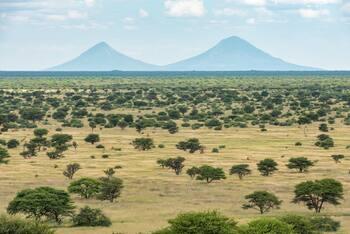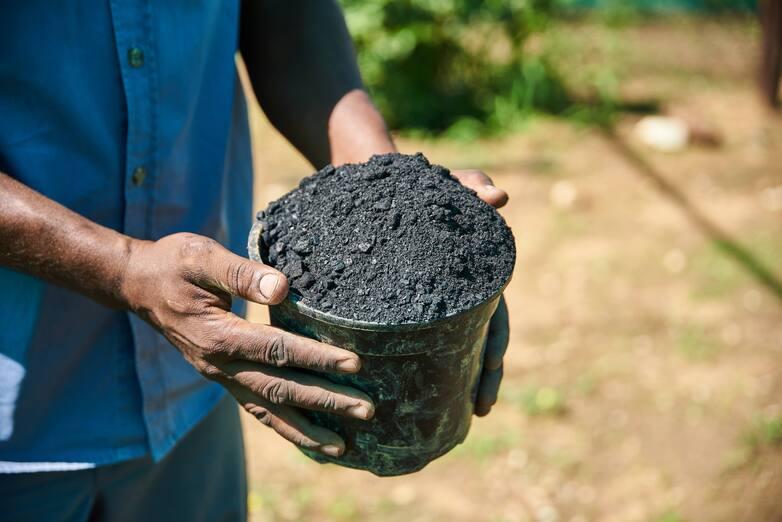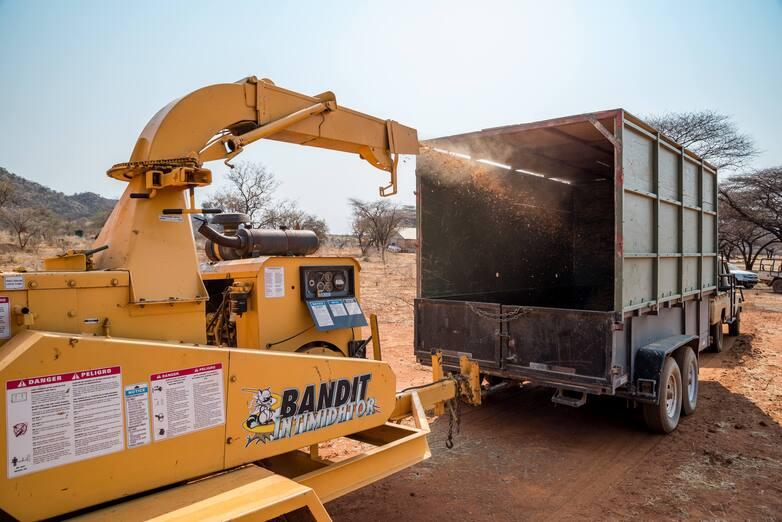Context
Namibia has quite literally a ‘growing’ problem: bush encroachment. Native bush species cover up to 45 million hectares of agricultural land and natural savannah. This negatively affects biodiversity in the invaded regions and also undermines the economic livelihoods of the local population.
However, land users are increasingly recognising this challenge as an opportunity: by thinning the bush through harvesting, farmers can earn additional income. Bush can be processed into biochar, wood chips and building materials. The biomass industry is growing significantly and has now created 11,000 jobs.
A well-established dialogue between the government, civil society and the private sector addresses the key obstacles faced in the industry, enabling it to become increasingly more professional and accounted for in relevant environmental policies.
Objective
Utilising bush biomass in an environmentally beneficial way is anchored in national environmental policies and private sector activities.


